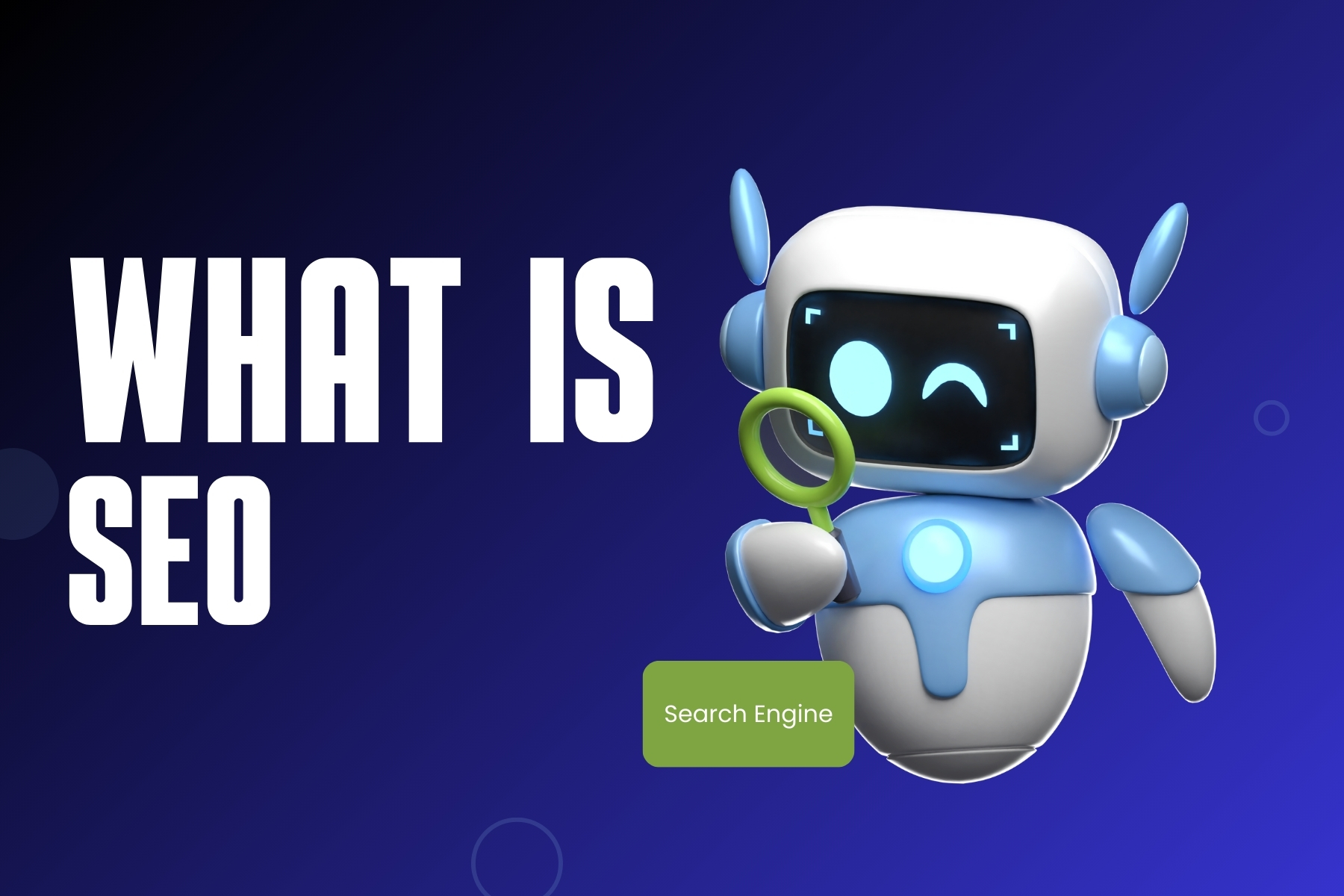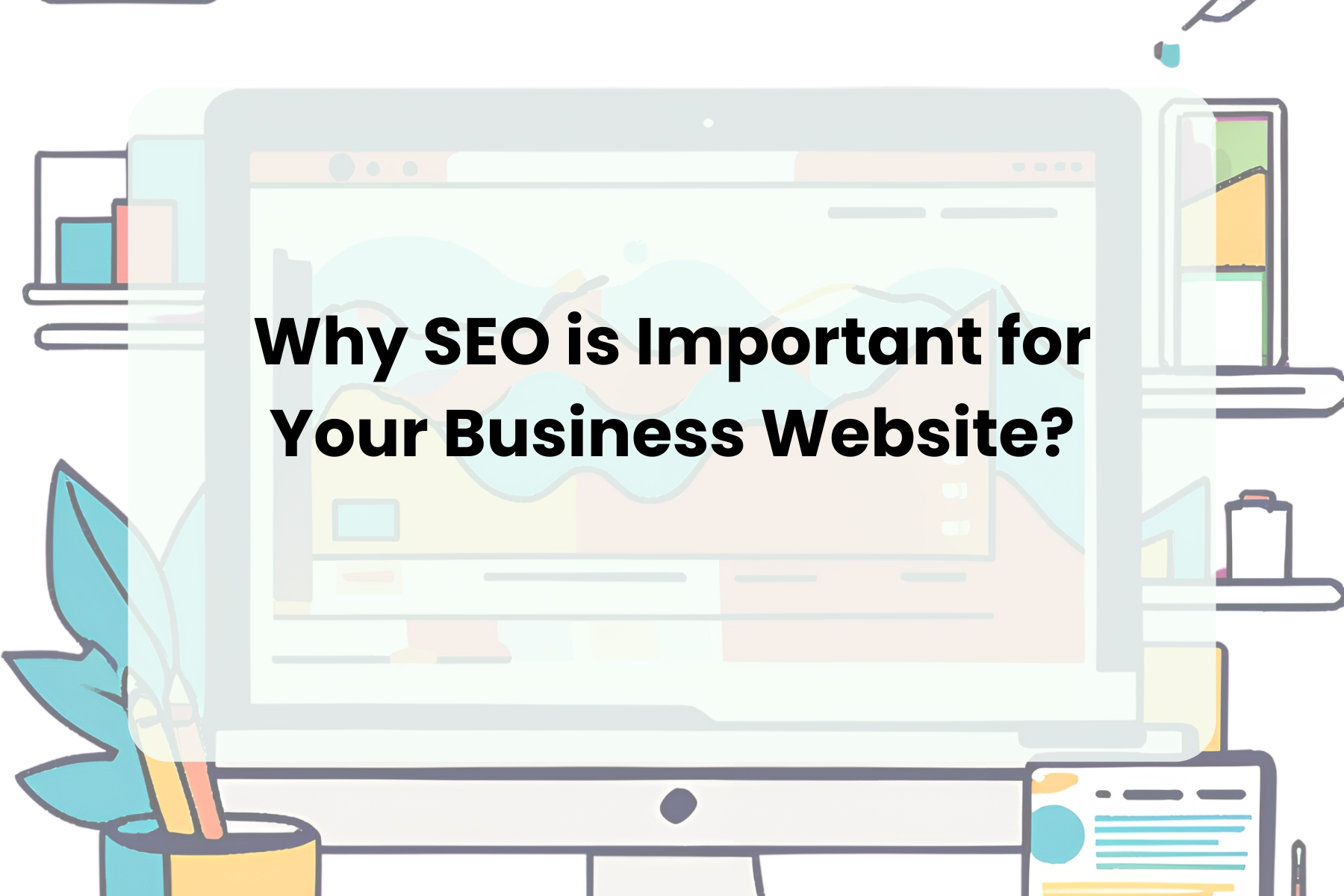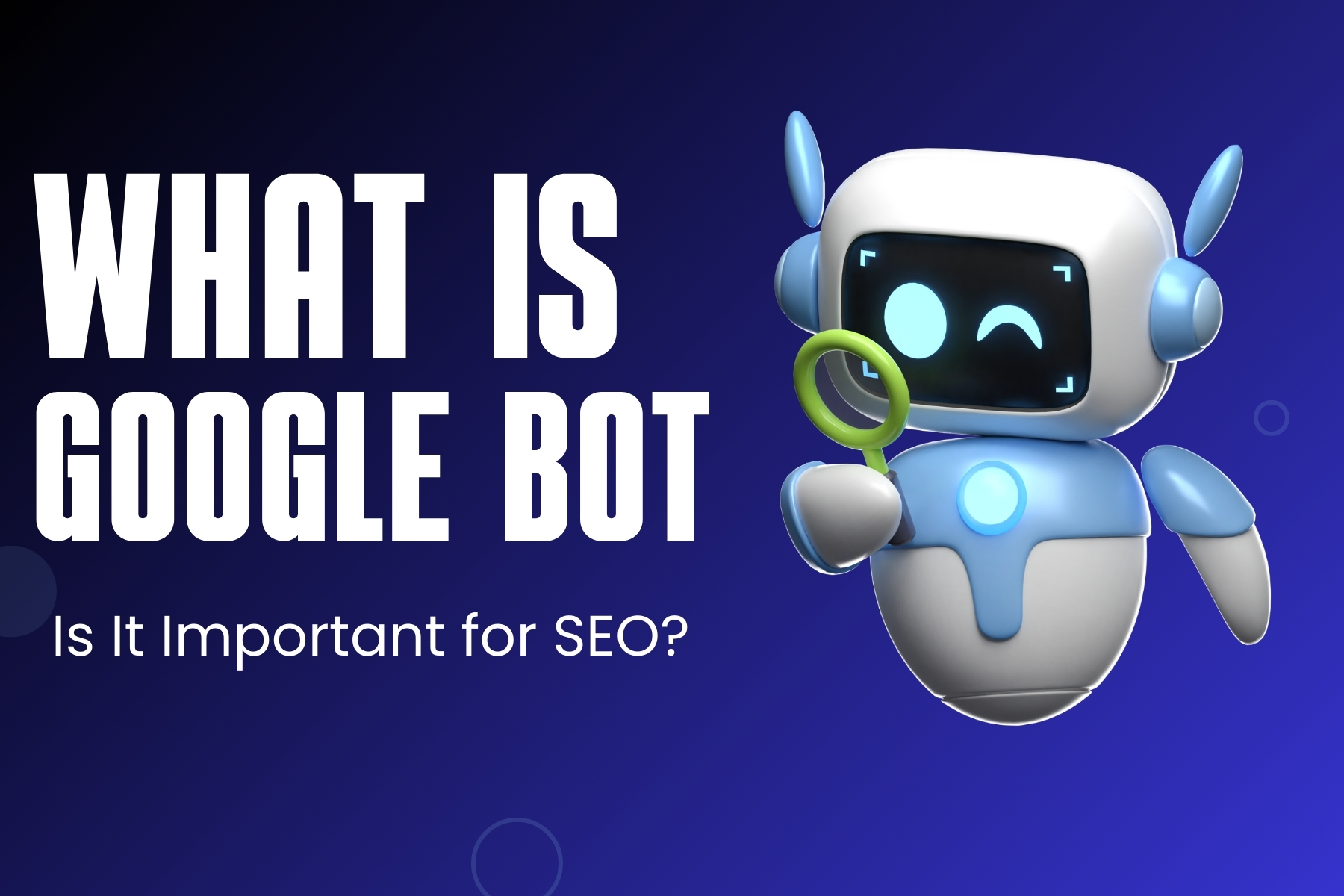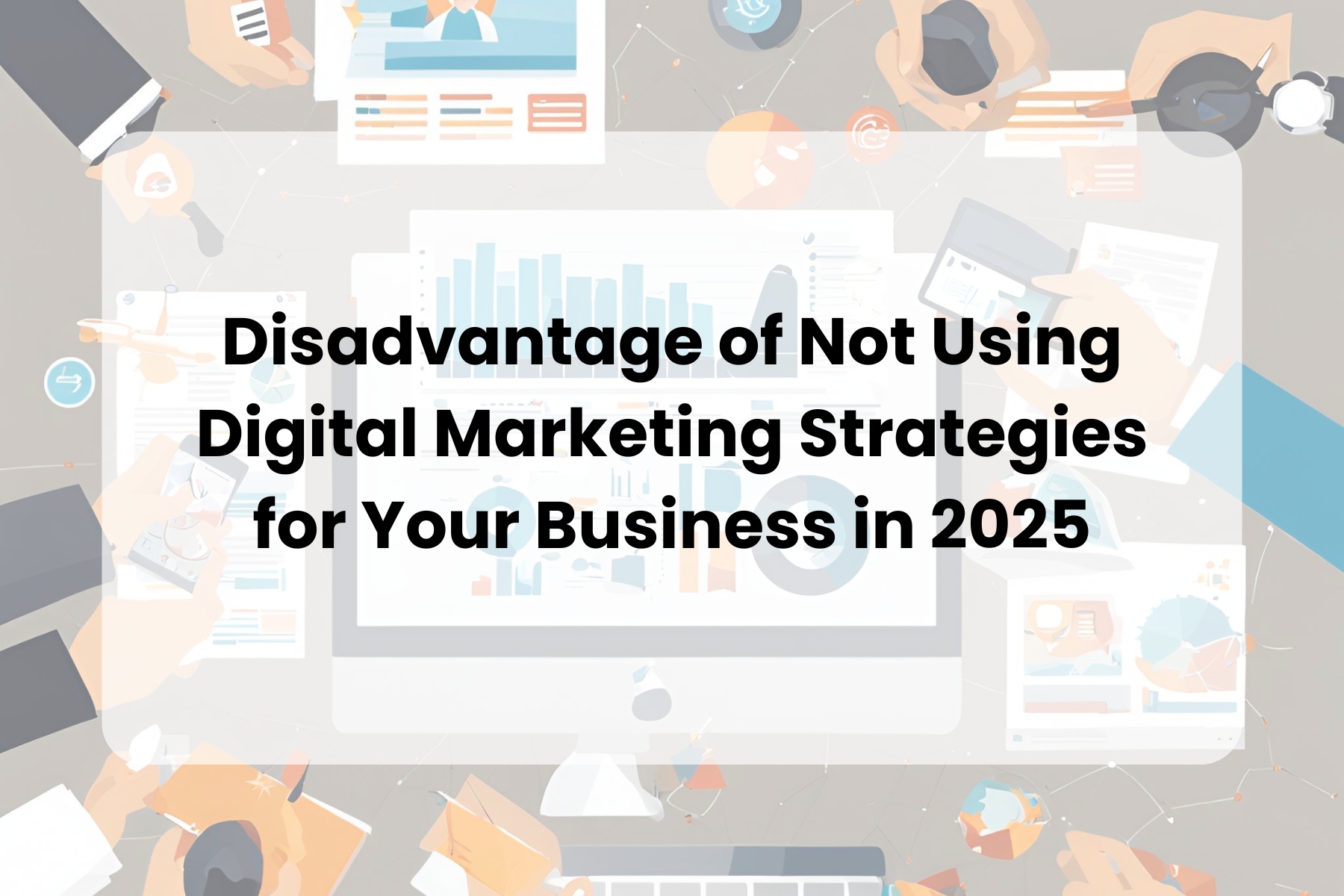In today’s fast-paced digital world, having an online presence is critical for any business. However, just having a website isn’t enough. If you want potential customers to find your business online, you need to optimize your site for search engines. This is where search engine optimization (SEO) comes into play. In this article, we’ll explore why SEO is important for your business website, how it impacts your online visibility, and its role in your overall digital marketing strategy.
What Is Search Engine Optimization (SEO)?
SEO is the process of optimizing your website’s visibility in search engine results pages (SERPs). When users search for relevant keywords or phrases related to your business, search engines like Google evaluate the content on your website and determine where to rank it based on relevance, quality, and authority.
The primary goal of SEO is to drive organic (non-paid) traffic to your site. This is achieved by optimizing various aspects of your site, such as content, structure, speed, and more, to make it more attractive to search engines. With effective SEO, your website will appear higher in search results, making it easier for potential customers to discover your business.

Key Elements of SEO:
- On-Page SEO: Refers to optimizing the content on your website, including the use of relevant keywords, meta tags, header tags, and internal links.
- Off-Page SEO: Involves activities outside your website, such as building backlinks from other reputable websites to increase your site’s authority.
- Technical SEO: Focuses on optimizing the technical aspects of your website, like improving site speed, making your site mobile-friendly, and ensuring easy navigation for search engine crawlers.
Effective SEO strategies use these components to boost your website’s search engine rankings.
Website Without SEO
Imagine you have a website, but it’s not optimized for search engines. Without SEO, your website may be invisible to users searching for products or services you offer. A website without SEO is like having a storefront in an empty alley. Even though your business might be great, customers won’t be able to find you.
Here are some of the challenges you may face without SEO:
- Low Visibility: If your website doesn’t rank well, it will be hard for users to discover you through search engines, especially since most people never go past the first page of results.
- Missed Opportunities: You’ll miss out on organic traffic, which can be an essential source of customers for your business.
- Poor User Experience: Without SEO strategies, your website might not be optimized for speed or mobile users, leading to a frustrating experience for visitors. A poor user experience often results in high bounce rates and low conversions.
Without SEO, your business could be overlooked by potential customers, reducing your chances of competing effectively in the digital marketplace.
Importance of SEO
The importance of SEO cannot be overstated when it comes to building an online presence for your business. Here’s why SEO is essential for your website.
1. Increased Organic Traffic
SEO is one of the most efficient strategies to bring organic traffic to your website. When your site ranks higher in search engine results for relevant keywords, you increase the chances of attracting visitors who are looking for your products or services. Organic traffic is free, and with the right SEO strategies, it can become a long-term source of growth for your business.
2. Improved User Experience
Good SEO focuses on improving the overall user experience (UX) of your website. Search engines reward sites that offer a positive user experience, which includes fast loading times, mobile responsiveness, easy navigation, and high-quality content. By optimizing your website for SEO, you’re not just attracting traffic – you’re also providing a seamless experience for your visitors, which leads to higher engagement and conversions.
3. Better Conversion Rates
By targeting high-intent keywords, SEO helps you attract users who are actively looking for what you offer. This improves the possibility that visitors will become paying clients. SEO ensures that your website ranks for the right keywords, which results in higher-quality traffic that’s more likely to convert.
4. Builds Trust and Credibility
When your website ranks higher on search engines, users tend to trust it more. High rankings signal authority and credibility in your industry, as search engines like Google prioritize websites that provide relevant, valuable content. When you optimize your website with SEO, you are not just improving your rankings; you’re also building trust with your audience.
5. Cost-Effective Marketing
Compared to traditional forms of advertising like TV, radio, or print ads, SEO is a cost-effective marketing strategy. While it may take some time to see results, the long-term benefits of SEO can save you money on paid advertising. SEO helps you generate organic traffic without the need for continuous ad spend.

Advantage and Disadvantage of SEO
Like any marketing strategy, SEO comes with its advantages and disadvantages. Let’s take a closer look:
Advantages of SEO:
- Sustainable Results: Once you’ve invested in SEO and achieved high rankings, your website can continue to attract organic traffic without ongoing costs, unlike paid advertising.
- Long-Term Benefits: SEO helps you build a strong online presence that continues to deliver results for years. High-quality content and effective optimization can keep your site ranking well over time.
- Targeted Traffic: SEO allows you to target users who are actively searching for what you offer, increasing the chances of converting visitors into customers.
Brand reputation: Ranking high in search results increases your brand’s reputation. Users trust businesses that appear at the top of Google, and SEO helps you achieve that.
Disadvantages of SEO:
- Takes Time: Unlike paid ads, which can bring instant results, SEO takes time to show measurable results. It can take several months to see a significant change in rankings and traffic.
- Requires Expertise: SEO can be complex, and implementing effective strategies requires knowledge and expertise. Many businesses choose to hire SEO professionals to handle this aspect of their marketing.
- Constant Algorithm Changes: Search engine algorithms are continuously updated, which means your website’s ranking can fluctuate. Staying up-to-date with these changes and adjusting your SEO strategies is essential.
How SEO Fits into Your Digital Marketing Strategy
SEO is an integral part of your overall digital marketing strategy. While SEO focuses on increasing organic traffic, it works alongside other digital marketing tactics to help you achieve your business goals. Here’s how SEO fits into the bigger picture:
- Content Marketing: SEO and content marketing go hand in hand. High-quality content is one of the most important factors in ranking well in search engines. By producing relevant, valuable content, you can improve your SEO rankings and attract more organic traffic.
- Social Media Marketing: While social media doesn’t directly impact SEO, the traffic and engagement generated through social platforms can drive users to your website, increasing your visibility and potentially earning backlinks, which help improve your SEO.
- Email Marketing: SEO can help your website rank higher for keywords related to your email marketing campaigns. By optimizing landing pages and content for SEO, you can improve conversion rates from email campaigns.
- Pay-Per-Click (PPC) Advertising: While SEO focuses on organic traffic, PPC ads provide instant visibility. Combining SEO and PPC can help businesses create a strong online presence and reach a larger audience.
The Role of SEO in Business Growth
SEO plays a pivotal role in driving business growth. A well-optimized website helps attract more visitors, convert them into customers, and build a loyal customer base. Here’s how SEO contributes to business growth:
- Increased Traffic: By optimizing your website, you increase the likelihood of attracting more visitors who are searching for products or services similar to yours. This leads to higher traffic, which can be converted into sales and revenue.
- Enhanced Brand Visibility: Ranking higher in search results means more people are likely to see your brand. Enhanced visibility helps build brand recognition, which is crucial for long-term business success.
- Competitive Advantage: By investing in SEO strategies, you can outrank your competitors and capture a larger share of the market. A strong SEO strategy can help you stay ahead of the competition and attract customers before they find your competitors.
- Better Customer Insights: SEO allows you to track valuable data about your website visitors, such as where they come from, what pages they visit, and how they interact with your content. This data can help you refine your marketing strategies and improve user experience.
Conclusion
In conclusion, SEO is essential for the success of your business website. It improves your visibility, increases organic traffic, and enhances user experience. By implementing effective SEO strategies, you can build a strong online presence that contributes to long-term business growth. The importance of SEO is clear: it’s a cost-effective, sustainable, and powerful tool that helps businesses stay competitive in the digital world.
To make the most of your business website, investing in SEO should be a priority. Whether you’re just starting or looking to improve your existing website, SEO is the key to unlocking the potential of your online presence.




